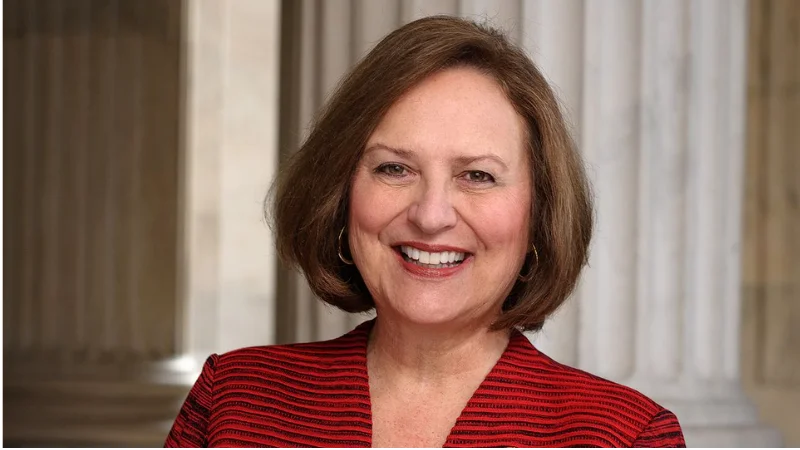Senator Deb Fischer, US Senator for Nebraska | Sen. Deb Fischer Official U.S. Senate headshot
Senator Deb Fischer, US Senator for Nebraska | Sen. Deb Fischer Official U.S. Senate headshot
A bipartisan group of U.S. senators has introduced the Child Care Modernization Act, aiming to reauthorize and improve the Child Care and Development Block Grant (CCDBG), the main federal program that helps working families access child care. The bill was put forward by Senators Deb Fischer (R-NE), Kirsten Gillibrand (D-NY), Susan Collins (R-ME), and John Hickenlooper (D-CO).
The CCDBG has not been reauthorized since 2014, despite longstanding bipartisan support. The new legislation seeks to address gaps in affordability and availability of child care, particularly in rural areas.
“Affordable, quality child care is a necessity – not a luxury. Unfortunately, that is not the reality, especially in rural areas. With the Child Care Modernization Act,we will reauthorize and improve the Child Care and Development Block Grant to provide significant, positive change in child care access and quality. The CCDBG has provided working families with child care services for 30 years; we will continue to work to fund the program to ensure these changes can be implemented and continue to serve families who need child care assistance. It’s time to reauthorize this important program to extend child care to more hardworking American families,” said Fischer, Gillibrand, Collins, and Hickenlooper.
The proposed act would require states to use cost estimation models when setting provider rates so that child care providers are adequately compensated. It also encourages states to develop a mixed delivery system for children up to age five as well as before-school, after-school, and summer programs for school-age children.
Additionally, the legislation introduces a grant program within the CCDBG framework designed to help create and expand child care supply. It also aims to improve state plans by reducing barriers for families and communities while increasing overall access and affordability.
For providers in home-based or rural settings, technical assistance would be made available along with strategies supporting business practices such as shared services initiatives. To reduce regulatory burdens on providers, states would be required to review health and safety requirements for possible redundancies.
The bill has received endorsements from organizations including Afterschool Alliance, Bipartisan Policy Center Action, Buffett Early Childhood Institute, Child Care Aware of America, Early Care and Education Consortium (ECEC), Executives Partnering to Invest in Children (EPIC), First Five Years Fund, Independent Restaurant Coalition, KinderCare Learning Companies (KLIC), Local Initiatives Support Corporation (LSIC), Low Income Investment Fund, Moms First, National Association of Counties (NACo), National Association of Women Business Owners (NAWBO), National Children’s Facilities Network, Save the Children, Start Early, National Child Care Association, TOOTRis, and YMCA of the USA.
A full list of provisions included in the Child Care Modernization Act can be found at https://www.fischer.senate.gov/public/index.cfm/2025/9/fischer-colleagues-introduce-bipartisan-bill-to-expand-working-families-access-to-child-care#provisions.
Stakeholder statements of support are available at https://www.fischer.senate.gov/public/index.cfm/2025/9/fischer-colleagues-introduce-bipartisan-bill-to-expand-working-families-access-to-child-care#statements.





 Alerts Sign-up
Alerts Sign-up